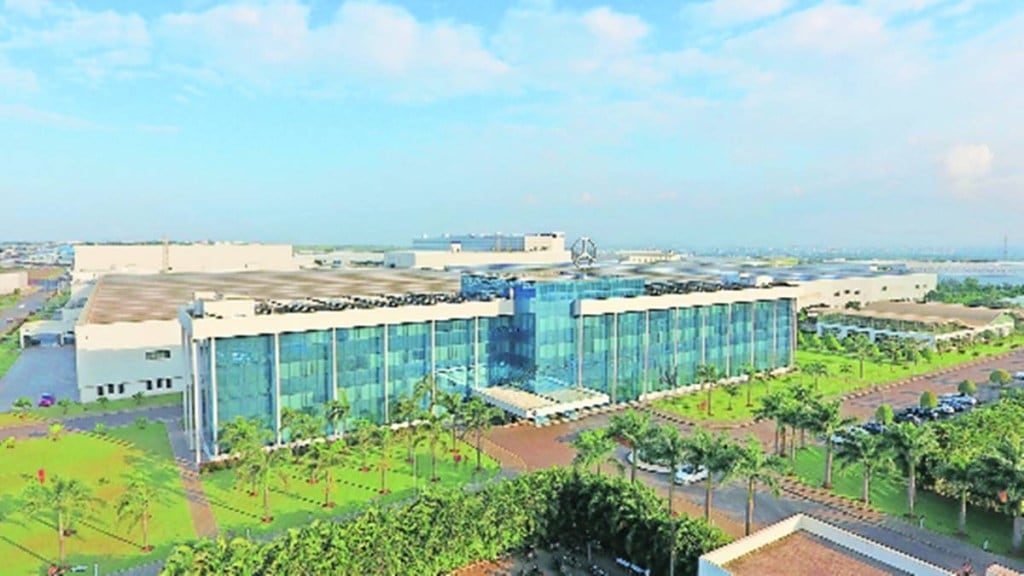By Santosh Iyer
As members of the Indian automotive industry, we need to live up to our responsibilities towards three key ‘Es’ — environment, ecology and economy, all at the same time. We must play a leading role in driving sustainability practices at our operations. These sustainable goals are achievable, comprising rapid electrification of the vehicle fleet, charging with green electricity, introducing latest battery technology, and comprehensive use of recycling materials and renewable energy in vehicle manufacturing.
As the inventors of the automobile and a start-up of 137 years, Mercedes-Benz has been rediscovering itself over the past century, seeking new challenges, new frontiers in the areas of innovation, technology and luxury for our customers. However, the environmental challenges faced today are real and dynamic, thus making sustainability and environmental mitigations the utmost essential topics for any corporation.
Our goal, for instance, is to halve the carbon dioxide emissions per passenger car over the entire vehicle lifecycle by end of this decade, compared to 2020 levels. We have also set ourselves the goal of achieving 70% of our energy requirement in production, from renewable sources of energy by 2030. In our 2023 Global ESG Conference, we underlined measures aimed at reducing carbon footprint across the value chain, while creating lasting values for our stakeholders.
Since the beginning of 2022, production sites worldwide fully owned by Mercedes-Benz have been net carbon-neutral. Today, 45% of overall energy used in production at Mercedes-Benz plants across the globe comes from renewable sources, primarily owing to 100% green electricity supplies.
Sustainability is also a team goal as much as an individual task. In this transformational journey, can we support our stakeholders — our franchise partners, our suppliers?
I think the answer is an overwhelming yes! As responsible OEMs, to ensure our partners are seamlessly integrated into our sustainability journey, we need to support them in creating a carbon-neutral value chain by end of this decade. Initiatives to accomplish carbon neutrality must begin now and it is imperative that we use renewable energy sources, improve energy efficiency in buildings, expand electric mobility in retail fleets, and develop a robust charging infrastructure to support the early adopters.
I strongly believe that with such strategic sustainable innovations backed by our vision, we can reinvent the entire lifecycle of a car and make automobiles of the future not only highly desirable, but also sustainable for our customers. Personally, I believe there can be no luxury without sustainability in today’s world, and the world that beckons us and our future generation. As a small step, I am shifting to the sustainable EQS 580 electric car, from my current S-Class; the latter traditionally represents the ‘Car for the CEO’ at Mercedes-Benz India. I think it is time to make the change and flip the switch.
The author is managing director & CEO, Mercedes-Benz India
